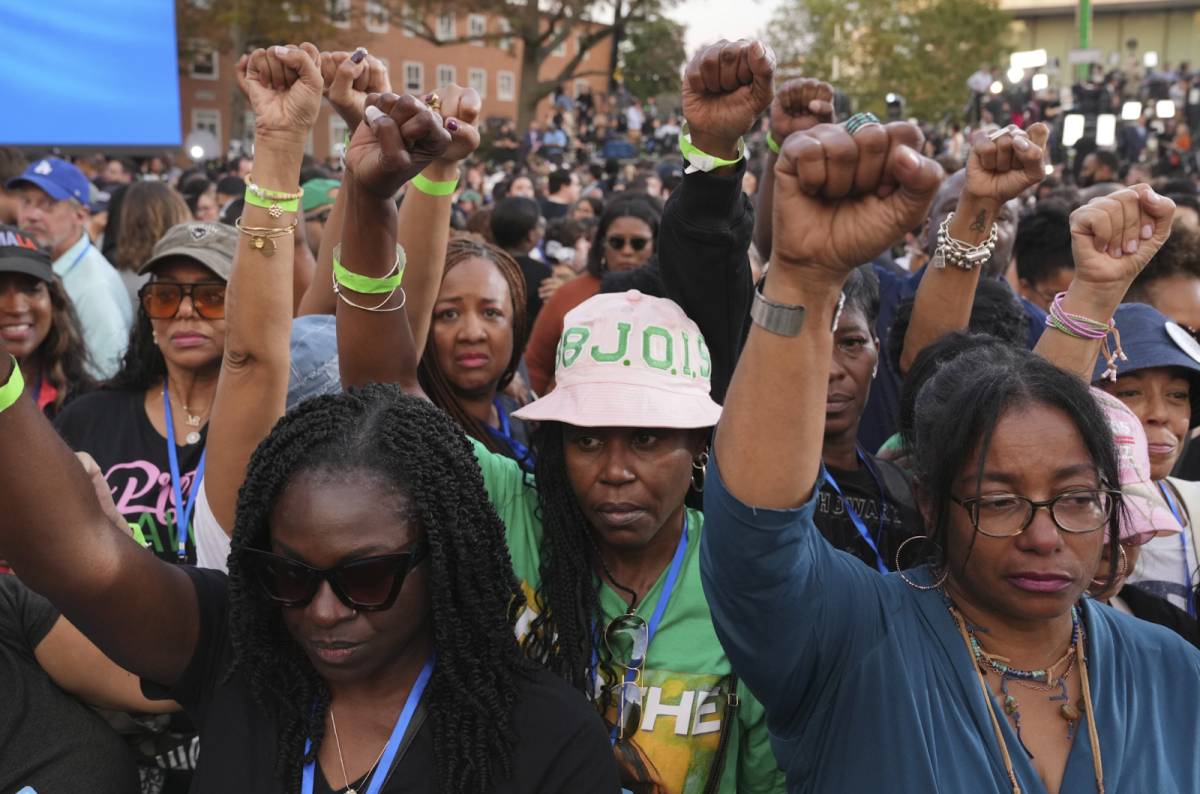The countdown to the midterm elections is getting frighteningly shorter, and for many on the Wake Forest campus, this is the first time they will cast their votes.
Anxiety over registration and absentee ballots is in the air, but there is also a lack in feeling, too.
After I’ve asked multiple classmates whether or not they’ve registered or know who they are going to choose for congressional and local positions, an alarming number of them responded, “What’s the point in voting if I know who’s going to win?”
Every time I hear this argument, I am shocked. Isn’t the whole point of democracy that you don’t know who is going to win?
This feeling lies in the idea that if you live in a traditionally red or blue state, voting as the political minority will not change the outcome with the electoral college.
Growing up in New Jersey in a primarily Republican town, I would always hear the frustration of adults who felt like they had no voice in a state that votes Democrat every presidential election.
Alternatively, my own peers would often identify as Democrats but shared that they would not vote because their towns and districts were traditionally Republican and it was “pointless.”
I’m arguing that this thinking is actually counterproductive and preventing any opportunity to change the status quo of political influence in certain areas.
Especially for the midterms and local races, a change in voting patterns can be crucial to altering the side of the political spectrum in power. Take the Alabama election in 2017 as an example. Because of the extreme Democratic voting turnout, Doug Jones was able to beat Roy Moore, the Republican, as a surprise victory in a red district.
Had those people not been encouraged to vote, the outcome would have been very different.
For many on this campus, this overwhelming feeling of helplessness comes from the sheer size of Generations X and the Baby Boomers before us.
Their thinking was heavily influenced by parents who believed strongly in the the power of New Deal Democrats of the ‘40s and ‘50s, which carried into the ‘60s and the ideology of the Reagan administration of the ‘80s. As children and teens, they had powerful political forces affecting their allegiances and voting habits, so why don’t we follow suit?
It has been statistically proven that young people vote the least. It astounds me that our generation grew up on social media, often voicing our opinions in tweets and posts, but still don’t voice those opinions in the polling booths.
We should be flipping this statistic upside down, especially since we have the information of the candidates and the election climate at our fingertips.
We have the greatest opportunity to be informed, leaving no excuse to not fill in the gaps of the records of popular voting ages.
Regardless of whether someone is young, voting should not be excused on the basis of the lack of political efficacy.
For many regions of the nation, the states and voting districts that are permanently one color often came to be that way with the manipulation of voting practices, like gerrymandering.
If this is frustrating to you, there is all the more reasoning to do research and discover which politicians are working to eliminate these unfair policies.
With this, a vote matters even more than simply choosing someone for office that would allow the very process you are upset with to continue. As many are fighting to end gerrymandering or even the Electoral College in general, we should practice voting for a time when we feel our decisions actually matter in the making of our laws.
We are lucky enough to be living in a nation in which we can choose who holds office, so purposefully not voting is like saying you do not want the right you were granted at birth or earned through citizenship.
Our young nation established democracy purposefully to prevent the overpower of one rule. Letting the “blue” or “red” districts and states control whether or not you vote is letting that majority take control.














